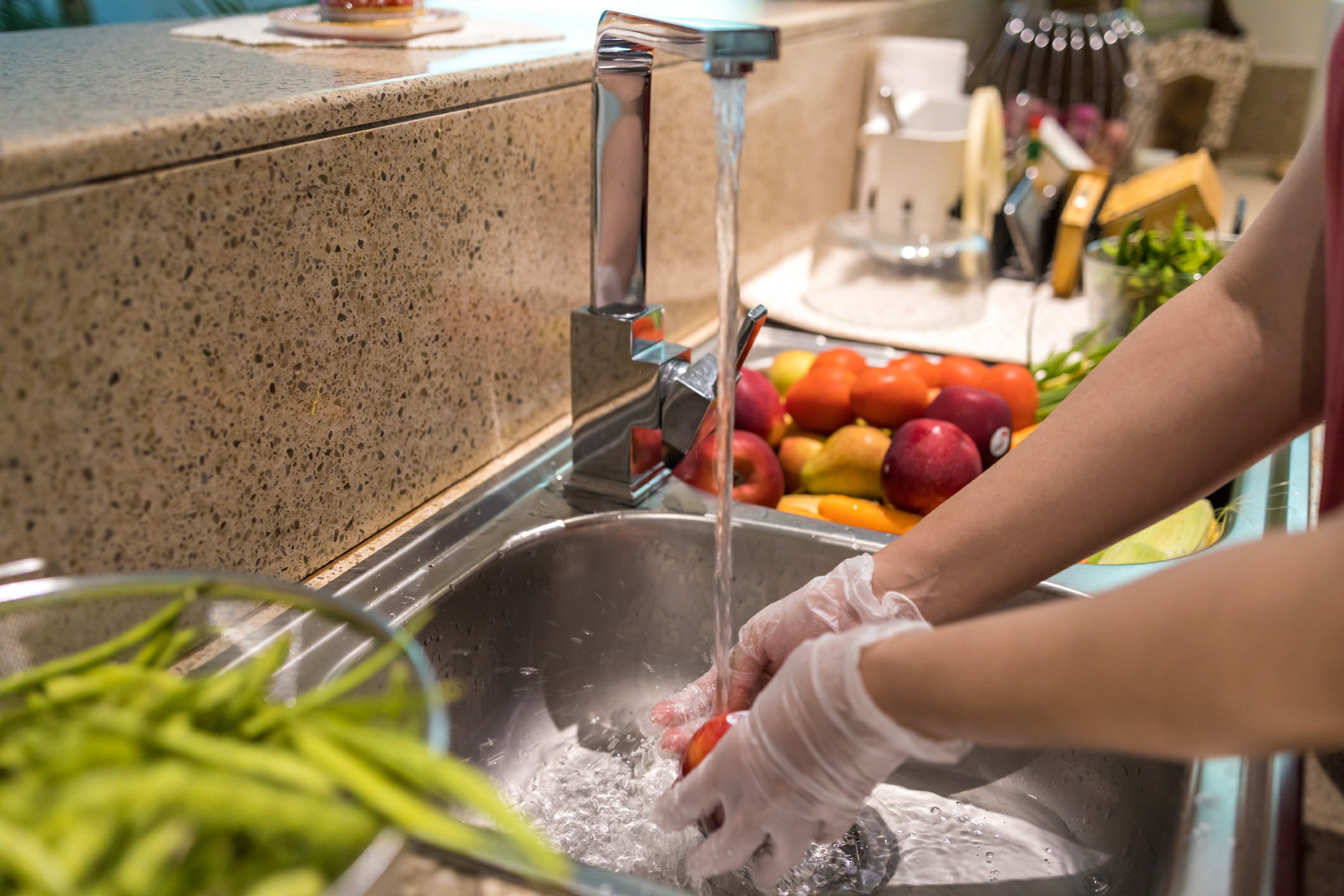


 349,500 Offered Certificates
349,500 Offered Certificates
 24/7 Online Training
24/7 Online Training
 Money Back Guarantee
Money Back Guarantee
 Fully Accredited Courses
Fully Accredited Courses

Created at: 26-02-2025 11:53
When it comes to running a successful food business in Ireland, ensuring food safety is non-negotiable. With recent statistics indicating a growing concern over foodborne illnesses, implementing Hazard Analysis and Critical Control Points (HACCP) systems has never been more vital. HACCP training is an essential ingredient in establishing compliance with Irish and EU food safety regulations, and it’s crucial for restaurant owners, catering professionals, and food manufacturers in cities like Dublin, Cork, Galway, Limerick, Waterford, and Belfast.
The HACCP system is a preventative approach to food safety that involves identifying potential hazards and implementing measures to control them. The core principles of HACCP include:
Investing in HACCP training provides numerous benefits, including:
Irish food businesses are required to comply with regulations set forth by the Food Safety Authority of Ireland (FSAI) and EU legislation. These regulations mandate the implementation of HACCP principles across the food industry, ensuring that all aspects of food production, processing, and retail meet stringent safety standards.
To achieve HACCP certification, follow these steps:
With the flexibility of online HACCP training courses, many professionals prefer this option for its convenience and accessibility. Organizations in Dublin, Cork, and other major cities can easily access training content without the need for travel. In-person sessions, however, can provide hands-on experience and immediate interaction with instructors, which may benefit those in the hospitality industry.
Being aware of common HACCP violations can help prevent costly infractions:
Regular training and audits can mitigate the risk of such violations, ensuring your business remains compliant.
Demonstrating commitment to food safety through HACCP compliance can significantly enhance your business’s reputation. Customers are increasingly aware of the importance of food safety, and businesses that prioritize it can foster trust and loyalty.
Regular HACCP audits are essential for maintaining compliance. Here’s how to conduct an audit:
HACCP training is an essential component for food safety compliance in Ireland, particularly in bustling cities like Dublin, Cork, Galway, Limerick, Waterford, and Belfast. By prioritizing food safety through effective training and certification, you position your business for success. Don't wait—invest in your HACCP training today to ensure compliance and foster customer trust.
To learn more about our HACCP training courses for restaurants, catering businesses, and food manufacturing, visit here or contact us at [email protected].